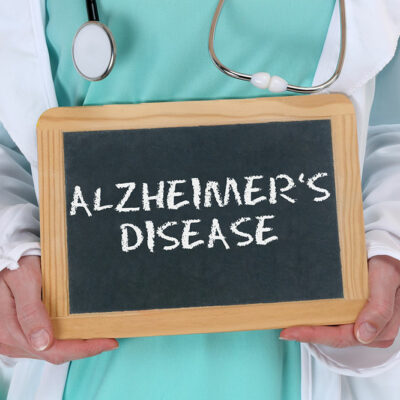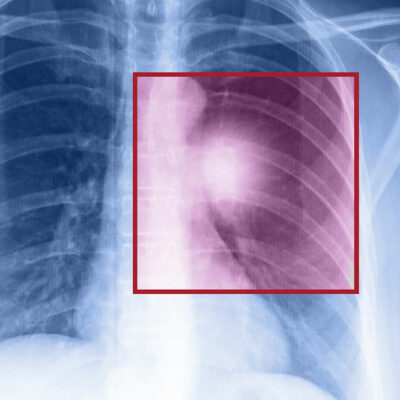
Understanding Alzheimer’s disease
Alzheimer’s results in the unfortunate wasting away of brain cells, causing their premature death; it is a progressive ailment. It is the most common kind of dementia, wherein a person’s social skills, behavior, and thinking capabilities decline, disrupting their ability of independent functioning. The earliest signs of this disorder may be forgetfulness with severe memory loss as the disease progresses. Here are the common symptoms of Alzheimer’s disease: Memory loss Repeating questions and statements Difficulty in finding words to identify objects, participate in conversations, or express thoughts Forgetting events, appointments, and conversations Forgetting family members’ names and common objects Getting lost in known places Misplacing things Thinking and reasoning Losing the ability to make reasonable judgments and decisions Making uncharacteristic or poor choices in social gatherings Difficulty in responding to everyday situations Planning and performance Routine activities, such as cooking or planning becomes difficult Advanced stage patients may not be able to perform basic tasks, such as bathing or dressing Personality and behavioral changes Delusions Depression Loss of inhibitions Apathy Wandering Mood swings Modified sleeping habits Social withdrawal Aggression and irritation Distrust in others Why does Alzheimer’s occur? The patient’s brain changes due to Alzheimer’s disease. The brain becomes smaller as the disease progresses with lesser healthy brain cells.
Read More 





